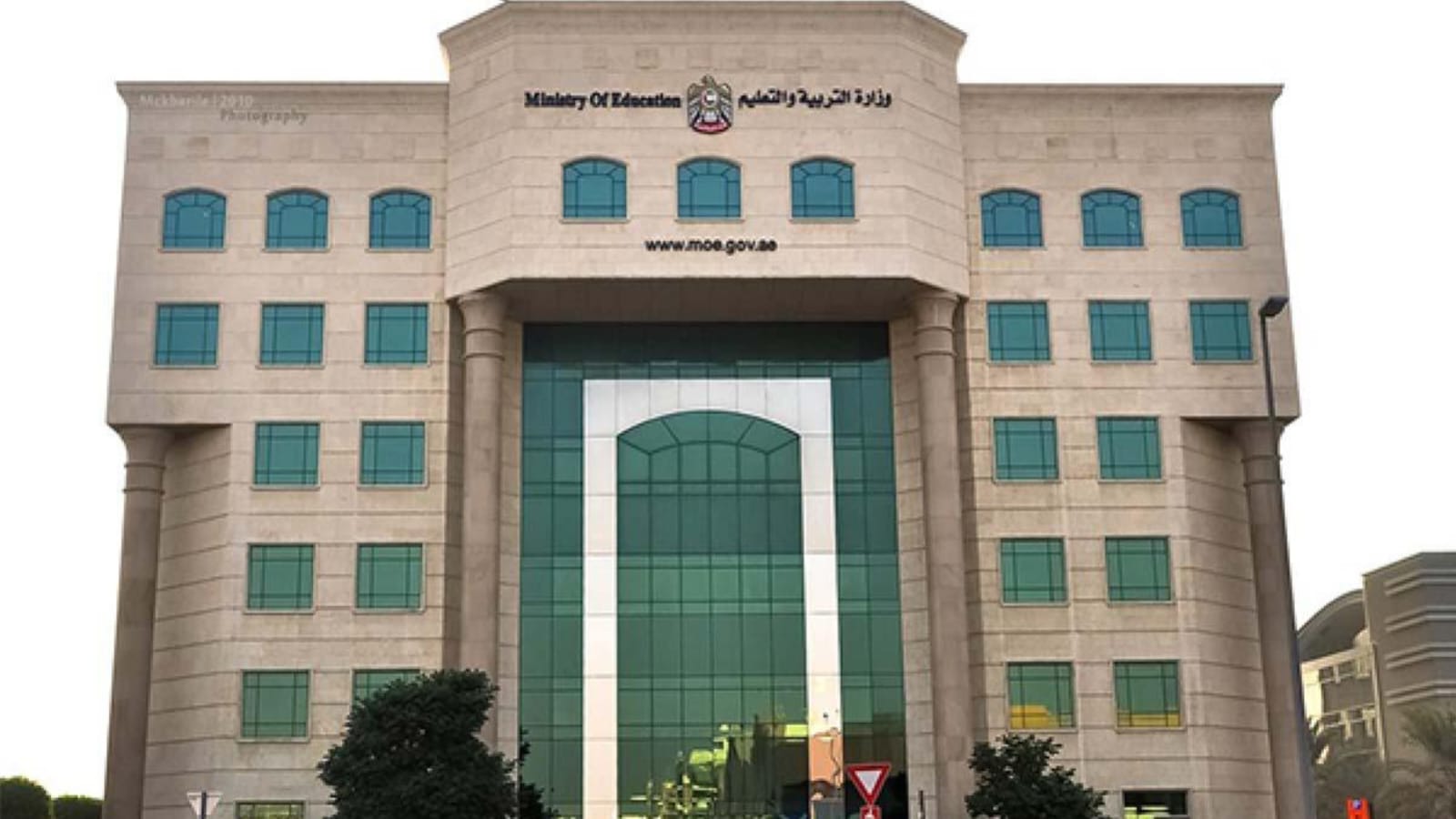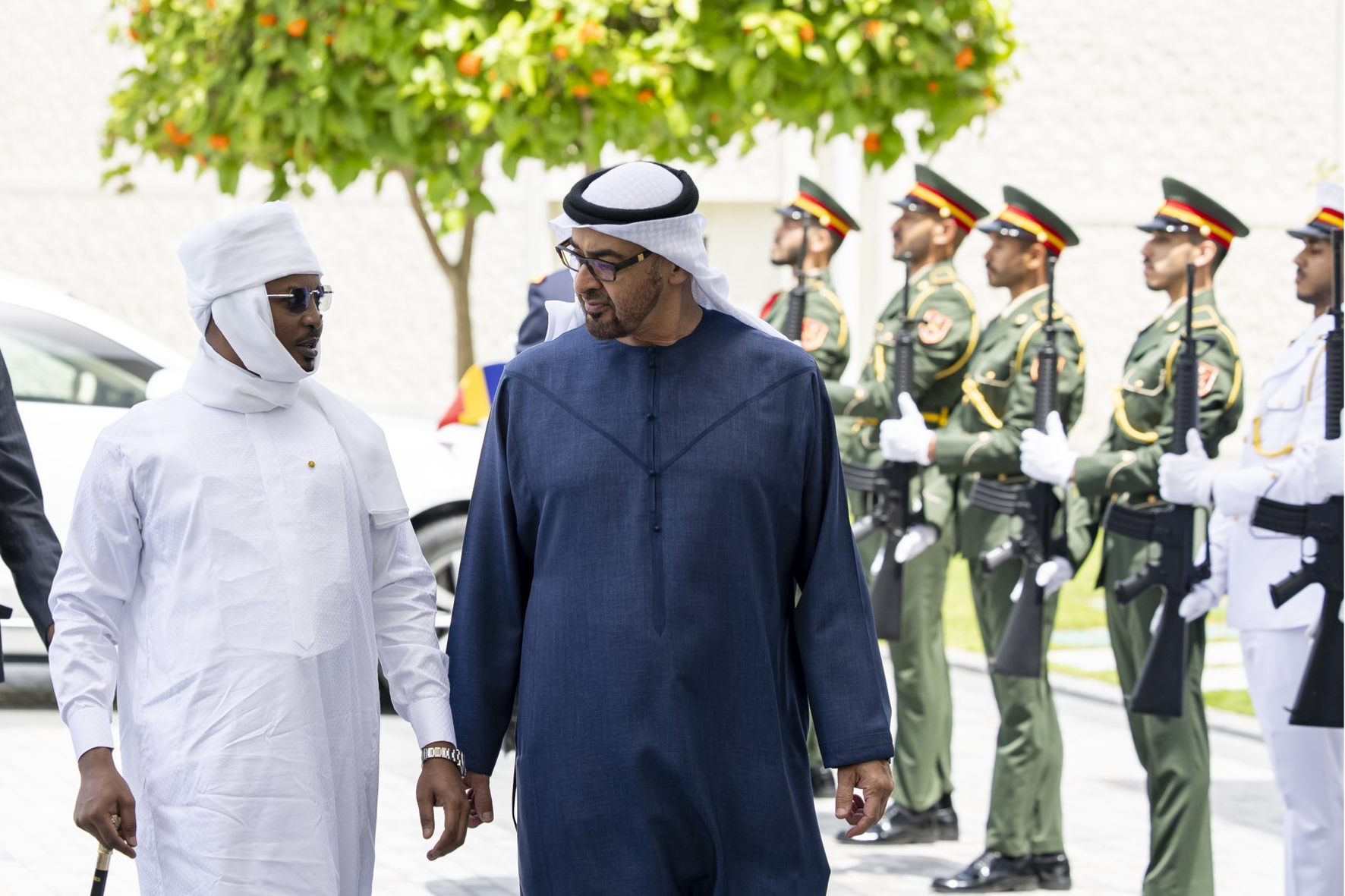Guyana Voices Strong Support for India’s Anti-Terror Drive

Guyana’s Vice President Bharrat Jagdeo has expressed unwavering solidarity with India in its ongoing campaign against terrorism. His remarks came during a significant meeting with the visiting Indian parliamentary delegation under Operation Sindoor Outreach. The visit is part of India’s broader diplomatic initiative to garner international backing following the Pahalgam terror attack in Jammu and Kashmir, which claimed 26 lives.
Speaking to ANI, Vice President Jagdeo described the interaction as “an excellent visit,” adding that Guyana “stands unequivocally with India.” He strongly condemned terrorism and emphasized that those responsible for such violent acts must be brought to justice. His remarks echoed Guyana’s support for global peace and security, showing unity in an era where cooperation against terrorism is of international concern.
A Delegation Representing Political Unity and Purpose
The Indian all-party delegation was led by Congress Member of Parliament Shashi Tharoor and included a cross-section of representatives from various Indian political parties. The team comprised Shambhavi Chaudhary of the Lok Janshakti Party, Sarfaraz Ahmed from the Jharkhand Mukti Morcha, and G M Harish Balayagi of the Telugu Desam Party. Other members were BJP leaders Shashank Mani Tripathi, Tejaswi Surya, and Bhubaneswar K Lata, alongside Mallikarjun Devda from the Shiv Sena. The delegation also included Taranjit Singh Sandhu, India’s former Ambassador to the United States.
The inclusive makeup of the delegation highlighted India’s united front against terrorism and showcased the nation’s commitment to presenting a bipartisan message on the global stage. This diversity sent a strong signal of political consensus, reinforcing that national security and international diplomacy are shared goals across India’s political landscape.
Warm Welcome by the Indian Diaspora in Guyana
The delegation was warmly received by the Indian community and diaspora members in Guyana. The event was marked by enthusiastic applause and heartfelt expressions of support. Many members of the diaspora voiced their approval of India’s stand against terrorism and praised the nation’s efforts to ensure justice for victims.
This outpouring of solidarity underlined the deep cultural and emotional ties that bind the Indian diaspora with their homeland. It also illustrated how the global Indian community stands united in moments of national and international significance. Diaspora support continues to be a vital pillar in India’s global outreach and diplomatic efforts.
Clear Messages from Indian Lawmakers During Visit
Addressing the Indian diaspora in Georgetown, Shashi Tharoor stated, “Our message is very clear. We have to stand against terrorism wherever it comes. We have to not only bring the evil killers to justice, but we must also seriously challenge those who are financing them, training them, equipping them, and directing them to do their evil.”
Tharoor’s remarks were not only aimed at reaffirming India’s internal unity but also served to inform international audiences about the comprehensive nature of India’s anti-terrorism strategy. He underscored the importance of global cooperation in dismantling support systems that allow terrorism to flourish.
Tejaswi Surya, BJP Member of Parliament, added further emphasis by stating, “The objective of the mission is to communicate to the world and amplify India’s message of zero tolerance against Pakistani terrorism. For almost seven decades India has suffered Pakistan-sponsored terrorism. While India aims to strengthen itself, lift millions out of poverty and contribute positively to the growth and well-being of the world, it is constantly distracted and needled by Pakistan’s terrorism.”
He further stressed that terrorism is a global issue: “Across political parties, across regions of India, all members of parliament have come here to express India’s solidarity in one voice against terrorism. And in this interconnected global world, one nation’s inaction against terrorism can actually be a threat to all nations.”
Operation Sindoor: India’s Coordinated Response to Terror
The visit follows India’s launch of Operation Sindoor on May 7. This operation was a strategic military response to the April 22 terror attack in Pahalgam, where Pakistani-sponsored terrorists were responsible for killing 26 people, including civilians and tourists.
The objective of Operation Sindoor was clear: dismantle the infrastructure of terrorism rooted in Pakistan and Pakistan-occupied Jammu and Kashmir. The Indian Armed Forces targeted known terrorist bases and training camps, resulting in the elimination of more than 100 militants affiliated with groups such as Jaish-e-Mohammed, Lashkar-e-Taiba, and Hizbul Mujahideen.
According to Indian officials, these operations were conducted with precision, aiming to avoid civilian casualties and minimize collateral damage while directly addressing the terrorist threat. Operation Sindoor represents a significant phase in India’s ongoing fight against cross-border terrorism and acts as a warning to any networks planning further violence.
India’s International Advocacy Against Terror Networks
The all-party delegation’s mission goes beyond the borders of Guyana. Their objective includes briefing international partners and governments about India’s stance on cross-border terrorism, and how persistent inaction against terror infrastructure endangers global stability.
The delegation emphasized that terrorism can no longer be viewed through a narrow, localized lens. Their message is that the ramifications of terrorism are international, and thus demand a collective response. India’s anti-terror doctrine now seeks to position the country as a responsible global partner in the effort to combat extremism worldwide.
Tejaswi Surya cited examples such as the London bombings, the Easter bombings in Sri Lanka, the Paris attacks, and 9/11 in the United States. He noted that investigations in all these cases have, directly or indirectly, pointed toward connections with Pakistan-based terror outfits. This recurring pattern, according to him, should urge the global community to reconsider its stance on inaction.
Building Global Momentum Against Terrorism Through Outreach
The Indian delegation’s stop in Guyana is just one of many intended to build global consensus around the dangers of ignoring terror networks. Through Operation Sindoor and the diplomatic engagements that accompany it, India aims to demonstrate the importance of a united international front.
By including voices from across the Indian political spectrum, the mission aims to depoliticize the anti-terrorism narrative. Instead, it promotes a shared vision of peace and justice that resonates across national boundaries. A collective message from multiple parties presents a powerful image of solidarity, enhancing India’s credibility on the global stage.
The members have consistently reiterated their respect for international law, national sovereignty, and the importance of engaging in open dialogue with global partners to eliminate the threat of terrorism without escalation or conflict.
Terrorism as a Shared Global Challenge
Vice-President Jagdeo’s declaration that Guyana “stands unequivocally with India” reflects more than bilateral support; it echoes a broader call for international unity in the face of terrorism. The Operation Sindoor Outreach is not merely a national campaign but a global appeal for justice, peace, and cooperative security.
The delegation’s visit, combined with Guyana’s supportive stance, reaffirms that terrorism is a global menace that transcends borders. It requires a collective effort — diplomatic, strategic, and humanitarian — to ensure that nations, regardless of size or region, can work together in pursuit of peace.
Operation Sindoor’s message, echoed through the voices of international allies and the Indian diaspora, contributes to a growing dialogue that challenges the very roots of extremism. By extending diplomacy, transparency, and cooperation, India’s global outreach seeks not just to counteract terrorism, but to reshape how the world responds to it.
This coordinated movement may mark a new chapter where nations large and small realize their shared responsibilities. And in that shared understanding lies the potential for a more secure, peaceful, and just global society.








3 Comments
[…] Among the Gulf Cooperation Council (GCC) countries, Saudi Arabia and Kuwait uniquely enforce a total ban on alcohol. In contrast, other Gulf states such as the United Arab Emirates, Bahrain, and Qatar permit alcohol sales in certain licensed venues, primarily catering to expatriates and tourists. […]
[…] viagra 50 mg buy online […]
[…] clarification came after a high-level Indian delegation led by Congress Member of Parliament Shashi Tharoor visited Bogota, Colombia. As part of its outreach under the Operation Sindoor initiative, the […]
Comments are closed.